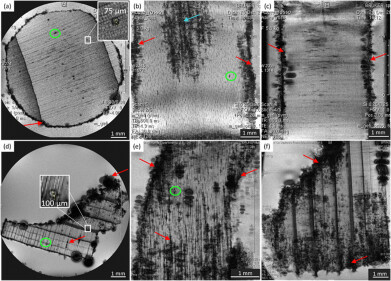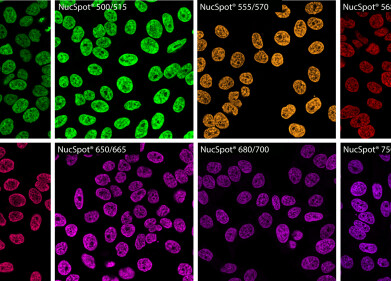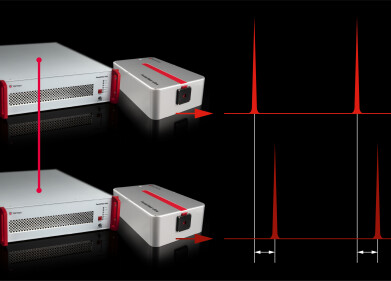-
 GRIN plasmonics is the latest microscopy technique to make headlines
GRIN plasmonics is the latest microscopy technique to make headlines
Microscopy & Microtechniques
Latest microscopy technique could enable invisibility cloaks
Jan 25 2011
The technology holds promise for a range of optical applications, including carpet-like cloaks that bend light around an object, rendering it invisible.
However, the latest microscopy news to come from the Lawrence Berkeley National Laboratory's research into GRIN plasmonics focuses on the technology's ability to resolve DNA molecules at high power levels using visible light.
Both Eaton and Luneburg lenses have now successfully been created using GRIN plasmonics.
These allow light to be bent through 90 degrees or focused regardless of its direction of incidence respectively.
Xiang Zhang, research leader at the laboratory, says: "Our GRIN plasmonics technique provides a practical way for routing light at very small scales and producing efficient functional plasmonics devices."
Lawrence Berkeley National Laboratory operates on a set of principles including a sense of urgency, uncompromising safety and a commitment to pioneering science.
Digital Edition
Lab Asia 31.6 Dec 2024
December 2024
Chromatography Articles - Sustainable chromatography: Embracing software for greener methods Mass Spectrometry & Spectroscopy Articles - Solving industry challenges for phosphorus containi...
View all digital editions
Events
Jan 22 2025 Tokyo, Japan
Jan 22 2025 Birmingham, UK
Jan 25 2025 San Diego, CA, USA
Jan 27 2025 Dubai, UAE
Jan 29 2025 Tokyo, Japan


















